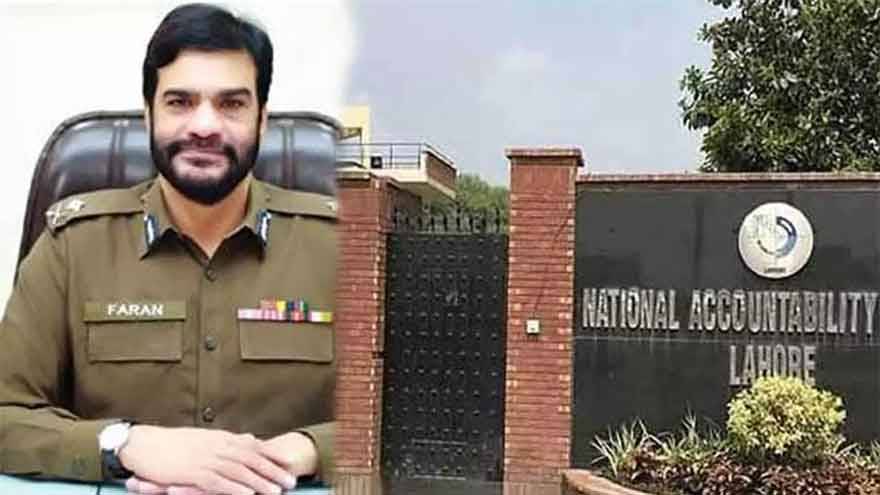The National Accountability Bureau (NAB) has appointed Mirza Faran Baig as the new Director General of NAB Lahore, marking a pivotal step in revitalizing the bureau’s efforts to combat corruption and improve public trust. This appointment is particularly notable because Mirza Faran Baig brings with him a legacy of reform, digital governance, and people-centric public service from his distinguished career in law enforcement and administration.
Previously serving as Additional Inspector General of Police, Mirza Faran Baig has consistently demonstrated a commitment to progressive change through innovation and meritocracy. During his tenure in the traffic police, he introduced a pioneering WhatsApp hotline that allowed citizens to directly communicate with the department. This hotline became a model of public service innovation, enabling people to lodge complaints, submit suggestions, and seek assistance without navigating complex bureaucratic layers. It helped bridge the gap between citizens and law enforcement and introduced a culture of accessibility and responsiveness that was previously lacking in many departments.
Mirza Faran Baig is known for launching effective awareness campaigns to promote road safety, including initiatives that significantly increased helmet usage among motorcyclists and promoted better pedestrian behavior. He held regular open court sessions where citizens could share grievances, suggest improvements, and observe the functioning of administrative systems firsthand. These initiatives weren’t just about improving traffic management they embodied his larger philosophy of governance: transparency, accountability, and direct citizen engagement.
As the new DG of NAB Lahore, Mirza Faran Baig is expected to apply these values within the accountability framework. His vision is anticipated to include streamlining internal case handling through digital tracking systems, improving staff accountability through performance monitoring, and enhancing public outreach by establishing accessible communication channels for whistleblowers and complainants. The emphasis will likely be on swift resolution of corruption complaints, transparent investigation protocols, and technology-driven documentation and reporting systems that reduce manipulation and bias.
Moreover, Mirza Faran Baig’s reputation for fairness and merit-based administration is expected to translate into stronger institutional discipline within NAB Lahore. With increasing demand for results-based accountability in Pakistan, his leadership could reshape how NAB operates—moving away from politicized investigations toward a more impartial, efficient, and transparent structure. His ability to understand both the bureaucratic machinery and public sentiment equips him uniquely to modernize NAB’s culture.
His appointment comes at a time when Pakistan’s governance institutions face growing pressure to deliver honest and timely results. There is an urgent need for senior officials who can ensure that accountability is not just procedural but meaningful. Mirza Faran Baig’s career so far demonstrates that he understands this need, and that he has both the resolve and strategic capability to act on it. The public now anticipates whether his tenure will deliver the structural and cultural transformation that NAB Lahore has long required.
This leadership transition is also a signal from the top tiers of the accountability establishment that the focus will be on merit, efficiency, and restoring the credibility of anti-corruption bodies. His background in digital policing and his ability to institutionalize reforms in challenging public sectors provide optimism that similar practices will be replicated and enhanced within NAB’s operational domain.
Mirza Faran Baig’s appointment is not just a personnel change; it is a policy direction. It reflects an institutional commitment to evolve beyond legacy systems and embrace a future defined by innovation, fairness, and public trust. His leadership is expected to lay the foundation for a NAB Lahore that is more responsive to public concerns, quicker in action, fairer in judgment, and transparent in its working. As he steps into this critical role, stakeholders within and outside the bureau will be watching closely to see how his tenure transforms the fight against corruption in one of Pakistan’s most influential regions.



Comments (0)
No comments yet. Be the first to comment!
Leave a Comment